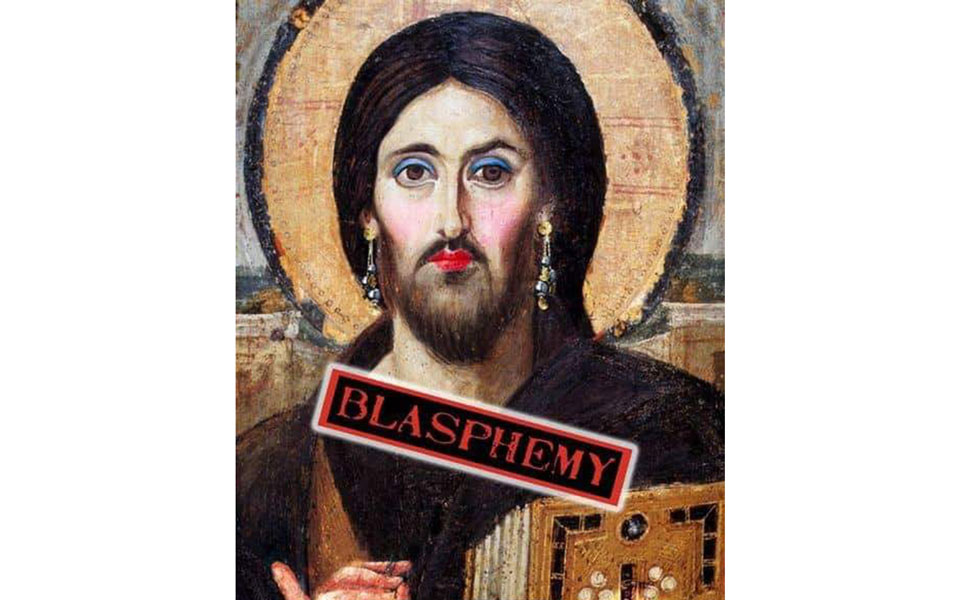A poster on the metro

“The right to be heard does not automatically include the right to be taken seriously,” the American politician Hubert H. Humphrey said. Neither does it oblige one to offer a platform to the speaker in question, one might add.
That essentially means legislative tolerance for all opinions, including racist speech, but also a fierce counterargument wherever these opinions are expressed.
It also means that this newspaper, for example, is not obliged to publish an article promoting white supremacy.
It is safe to say that the lies propounded on the “pro-life” posters on the metro – which the Transport Ministry took down earlier this week after deeming them an affront to women's rights – are not as offensive as some other material about the “nature” of Jews and the supposed supremacy of the Arian race that regularly circulate on the internet. They are still lies, however, as revealed by the tireless researchers of the fact-checking website Ellinika Hoaxes, which has made it its mission to tackle disinformation.
The question is whether the management of a public organization should be permitted to allow the spread of “fake olds” – namely the reproduction of fake news from the internet.
Old and new champions of freedom of speech alike condemned the decision by Infrastructure and Transport Minister Kostas A. Karamanlis to take down the anti-abortion posters from metro stations. They say, in the first place, that they support women's right to abortion. The point though is that if the “facts” displayed on the poster were correct, then women would no longer have that right because ending a pregnancy is described as tantamount to ending a life. This, at least, is what is maintained by the pro-life organization behind the poster campaign, and according to which any type of abortion – whether through surgery or the morning-after pill – is condemned by the organization as “tragic” and “murder.”
Consequently, those who claim to be both champions of women's right to abortion and to support the organization's right to present its views on the poster either don't know what they're talking about or have no problem with a public organization spreading fake news.
And then, some may ask, what about freedom of speech? However strange it might seem to some, the debate about the right of one person to express their opinion and the right of another person not to grant them a platform from which to speak took place when the now defunct terrorist group November 17 was still active. As we wrote back then: “So what does a journalist do when he or she has a document of that size (in both words and stupidity)? They simply take the brave decision not to publish it. As those in charge at The New York Times and Washington Post decided in the case of the Unabomber when they refused to host the ramblings of a paranoid murderer.” (“Α Red Star,” 01/08/2002) [The media were later pushed by authorities to publish the entire manifesto.]
Seriously, how would some of these right-leaning proponents of freedom of speech feel if some organization posted the human ideals that N17 was supposedly serving on posters on the metro?




